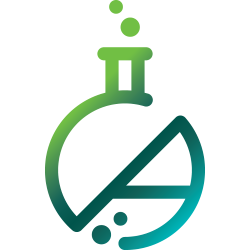Over the past 9 or so months, Karen has lost about 25% of her weight. Which is a big deal. But it’s really not the headline of her story. Her story is really about shedding her lifelong identity as the one who could do everything for everyone. Instead, she realized that focusing on her own physical and emotional health was not only the most caring thing she could do for herself but was also the most caring thing she could do for all the people she cared about.
Karen is one of the most inspiring people I’ve ever worked with and I want you to meet her.
Continue reading “How being selfish can be an act of service”